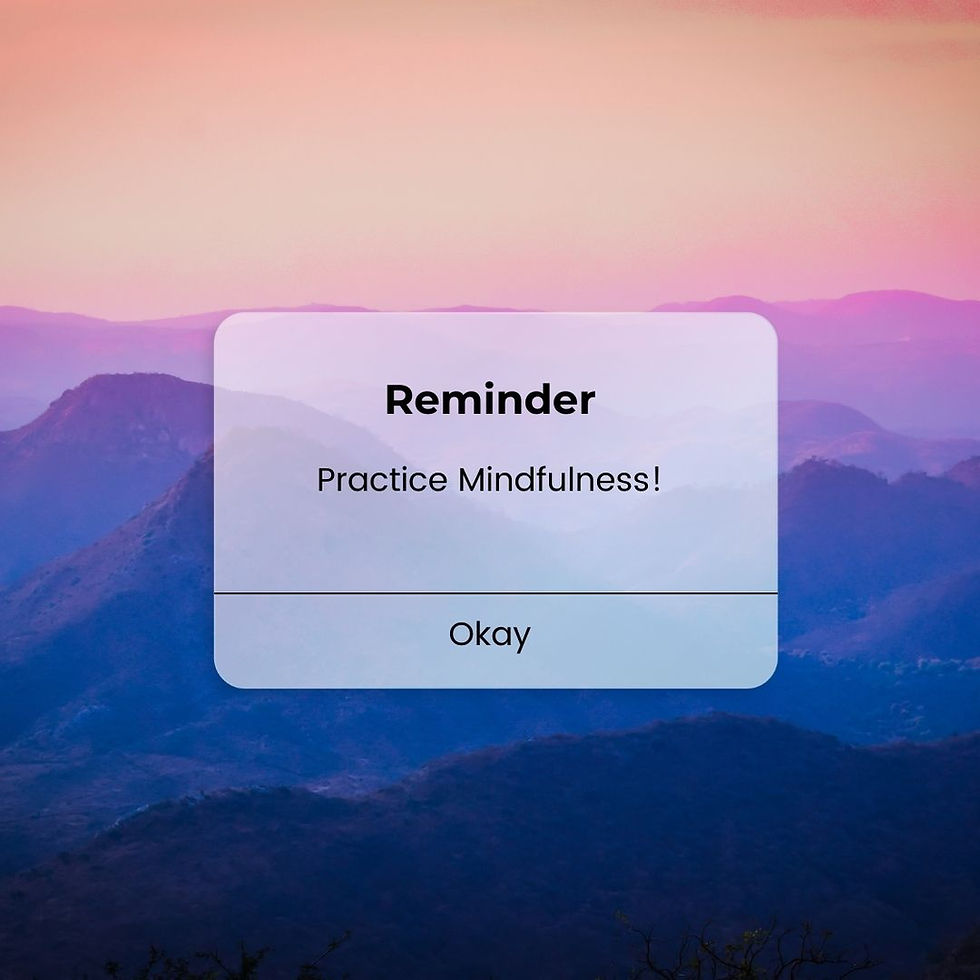
You’ve probably heard the term “mindfulness” being tossed around a lot these days, right? From yoga classes to wellness blogs, mindfulness seems to be the buzzword of the decade. But what’s it really all about? Is it just another trend, or is there something more to it? Let’s dive in and demystify mindfulness together!
So, What Exactly is Mindfulness?
In the simplest terms, mindfulness is about being present. It’s about paying full attention to the here and now, without getting swept away by thoughts about the past or worries about the future. Imagine your mind as a curious observer, noticing what’s happening around and within you without passing judgment.
Why Should We Care About Mindfulness?
You might be wondering, “Why should I bother with this mindfulness stuff?” Well, here are a few reasons why it’s worth giving it a shot:
Reduces Stress: Mindfulness helps calm your mind and body, making it easier to handle life’s ups and downs without feeling overwhelmed.
Improves Focus: By training your mind to stay in the present, you can improve your concentration and get more done with less distraction.
Boosts Emotional Health: Practicing mindfulness can help you understand and manage your emotions better, leading to a more balanced and happier life.
Enhances Physical Health: Believe it or not, being mindful can actually improve your physical health. It can lower blood pressure, reduce chronic pain, and even help you sleep better.
How Do You Practice Mindfulness?
Now that we know why mindfulness is awesome, let’s talk about how to actually do it. The great news is, it’s simpler than you might think. Here are some easy ways to get started:
1. Mindful Breathing
One of the easiest ways to practice mindfulness is through your breath. Find a quiet spot, sit comfortably, and close your eyes. Focus on your breath as it goes in and out. If your mind starts to wander (and it will!), gently bring your attention back to your breath. Try this for just a few minutes a day to start.
2. Body Scan
This is a great way to tune into how your body feels. Lie down comfortably and close your eyes. Slowly bring your attention to each part of your body, starting from your toes and working your way up to your head. Notice any sensations without trying to change them. Just observe.
3. Mindful Eating
Ever find yourself scarfing down a meal without really tasting it? Mindful eating is about slowing down and savoring each bite. Notice the flavors, textures, and smells of your food. Pay attention to how it makes you feel. This not only enhances your eating experience but can also help with digestion.
4. Walking Meditation
You don’t have to be sitting still to practice mindfulness. Take a slow, deliberate walk, paying close attention to the sensation of your feet touching the ground, the movement of your legs, and the sights and sounds around you. This can be a refreshing way to incorporate mindfulness into your day.
5. Mindful Listening
Next time you’re having a conversation, try to really listen without planning your response or getting distracted. Give the person your full attention and notice how this changes your interaction.
Tips for Making Mindfulness a Habit
Like any new habit, mindfulness takes practice and patience. Here are a few tips to help you stick with it:
Start Small: Don’t feel like you have to meditate for an hour. Even a few minutes a day can make a difference.
Be Kind to Yourself: It’s normal for your mind to wander. Don’t get frustrated. Just gently bring your focus back to the present.
Incorporate It into Daily Activities: You don’t have to set aside special time for mindfulness. Try to be present during everyday activities like washing dishes, brushing your teeth, or driving.
Stay Consistent: Try to practice mindfulness every day. The more you do it, the easier it will become.
Final Thoughts
Mindfulness isn’t about achieving some perfect state of Zen. It’s about showing up for yourself, being present, and taking things one moment at a time. Whether you’re new to mindfulness or looking to deepen your practice, remember that every moment is an opportunity to be mindful.
So, next time you’re feeling stressed or overwhelmed, take a deep breath and remind yourself to be present. Your mind and body will thank you for it. Happy minding!
.png)
Comments